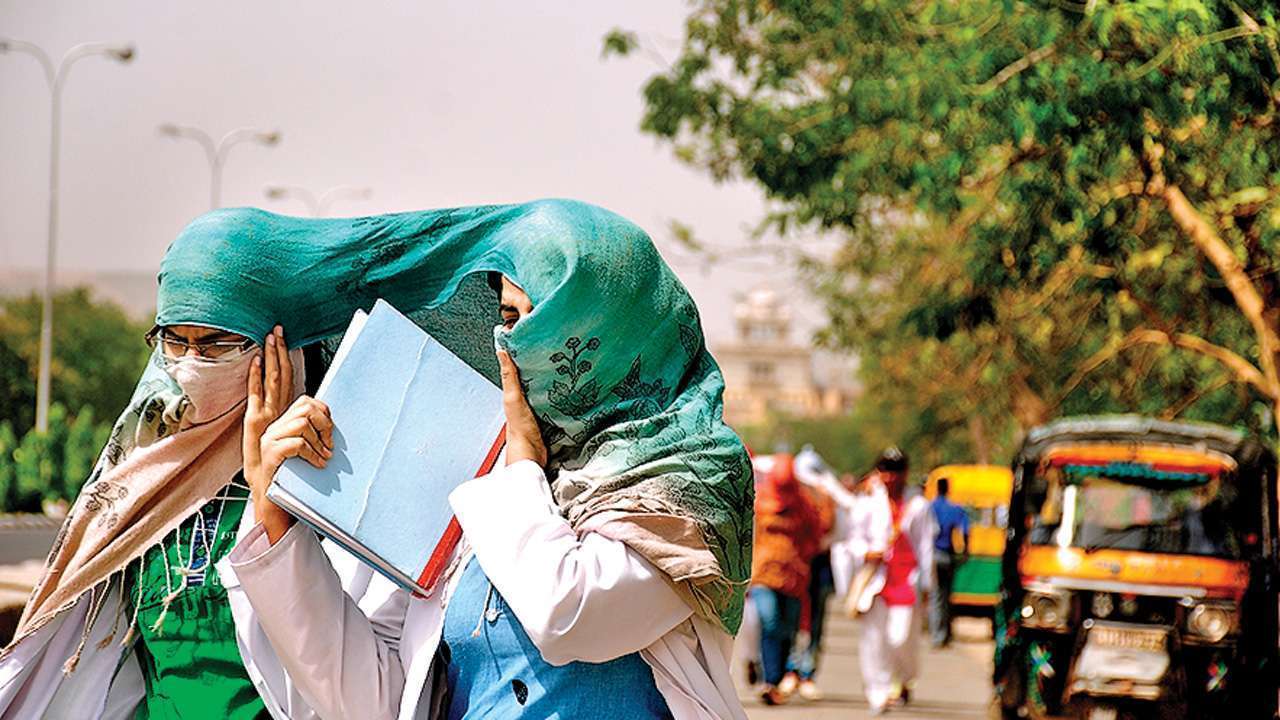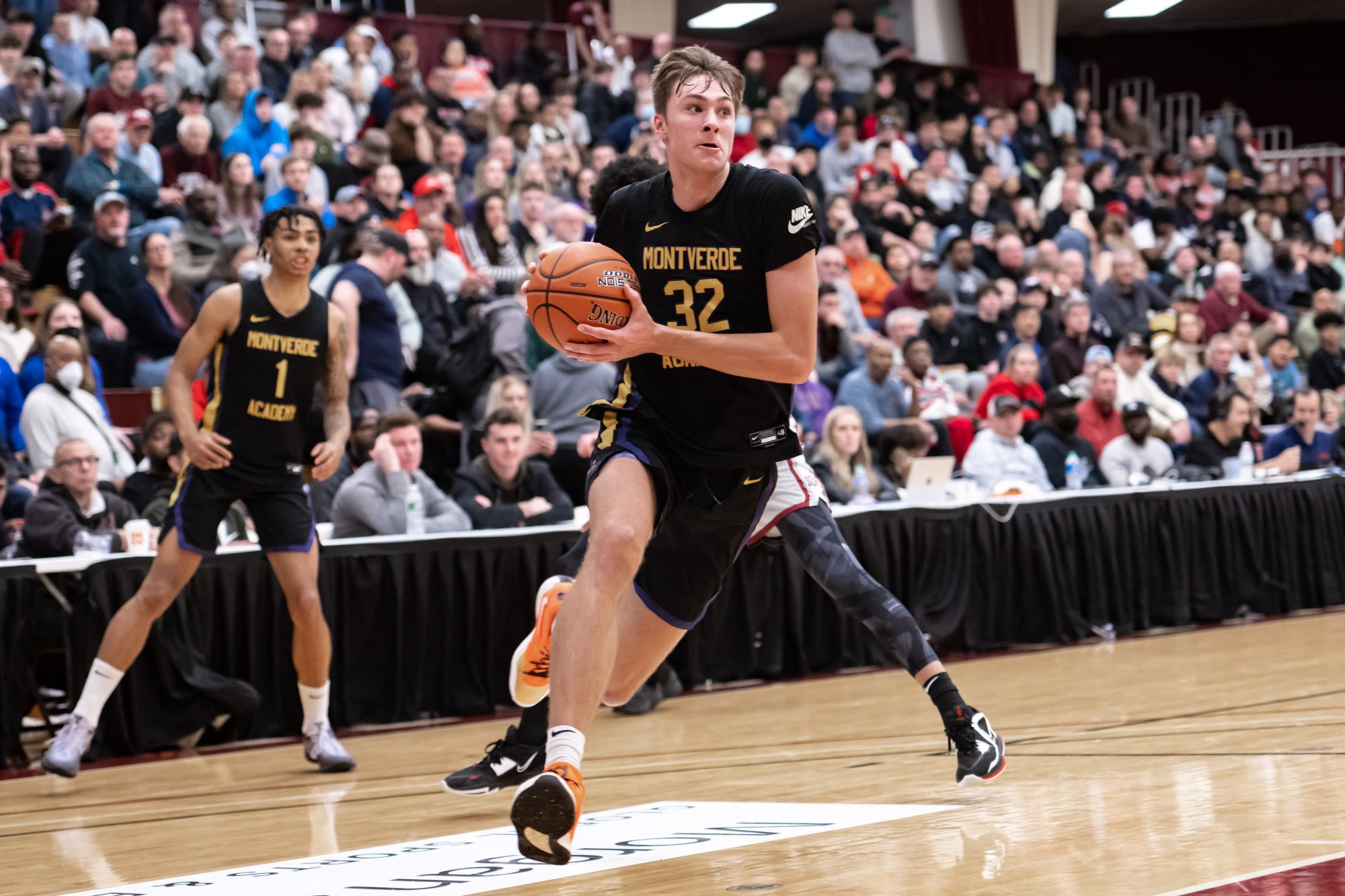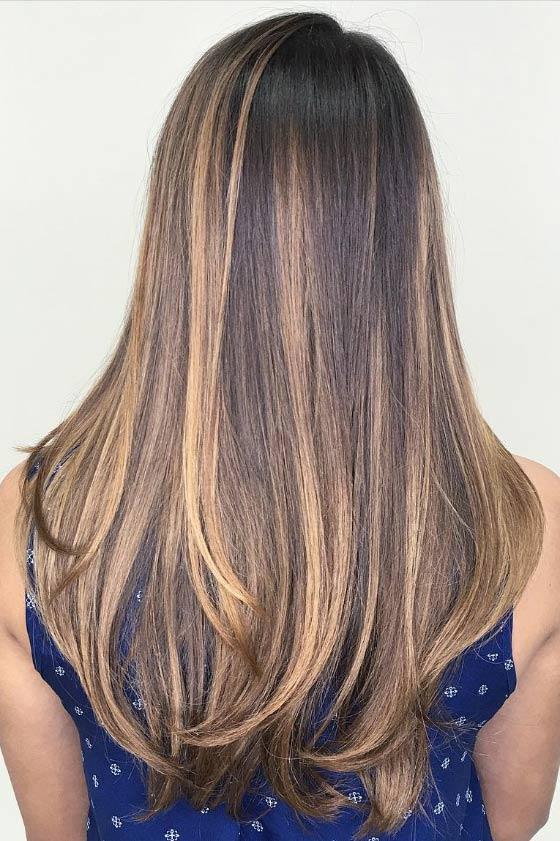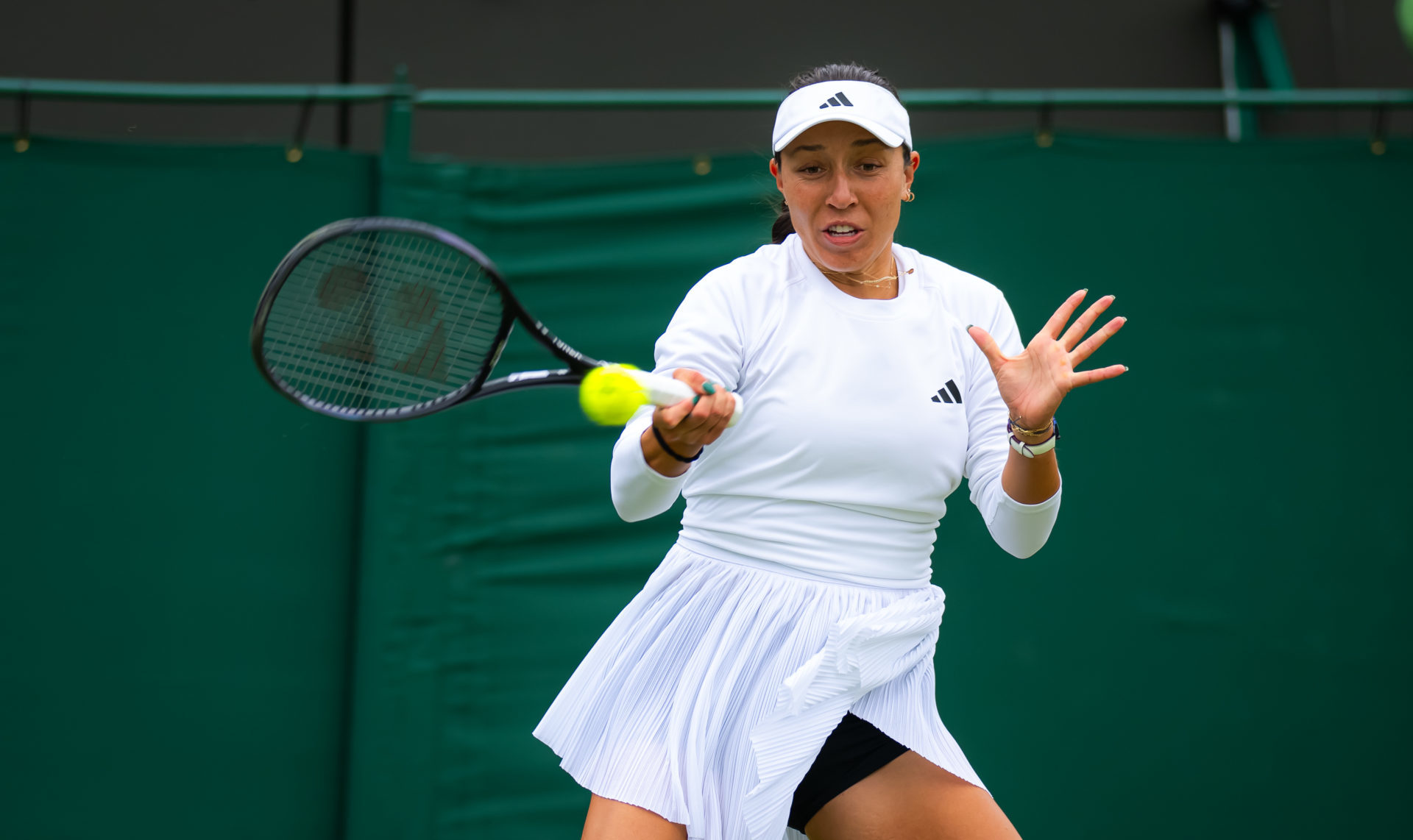Delhi Issues Heatwave Advisory: Protect Yourself From Heatstroke

Table of Contents
Delhi is facing a scorching heatwave, prompting the authorities to issue a heatwave advisory. Extreme temperatures pose a significant risk of heatstroke, a serious and potentially life-threatening condition. This article provides crucial information and practical tips to help you and your loved ones stay safe during this dangerous period. Understanding the dangers and implementing preventative measures is key to avoiding heatstroke.
Understanding Heatstroke and its Symptoms
What is Heatstroke?
Heatstroke is a life-threatening condition caused by your body overheating. When your body temperature rises to dangerous levels (above 103°F or 39.4°C), your body's natural cooling mechanisms fail, leading to organ damage and potentially death. This is different from heat exhaustion, which is a less severe condition but still requires attention. Heatstroke is a medical emergency requiring immediate intervention.
Recognizing the Signs
Recognizing the signs of heatstroke is crucial for prompt treatment. Common symptoms include:
- High body temperature: Above 103°F (39.4°C) – this is a key indicator.
- Rapid pulse: Your heart beats faster to try and cool the body.
- Headache: Severe and throbbing pain in the head.
- Dizziness: Feeling lightheaded or faint.
- Confusion: Mental impairment, disorientation, or delirium.
- Nausea and vomiting: Feeling sick to your stomach.
- Loss of consciousness: In severe cases, the person may lose consciousness.
Heatstroke vs. Heat Exhaustion
It's vital to differentiate between heat exhaustion and heatstroke. Heat exhaustion is a milder condition characterized by heavy sweating, weakness, nausea, and dizziness. While serious, it doesn't typically lead to organ damage. Heatstroke, however, is a medical emergency. If someone exhibits symptoms of heatstroke, immediate action is crucial. Heat exhaustion, if untreated, can progress to heatstroke.
Protecting Yourself from Delhi's Heatwave
Stay Hydrated
Staying hydrated is paramount during a Delhi heatwave. Drink plenty of fluids throughout the day, even before you feel thirsty. Water is the best choice; avoid sugary drinks, alcohol, and excessive caffeine, as these can dehydrate you further. Carry a water bottle and refill it regularly. Electrolyte drinks can also help replenish lost salts.
Dress Appropriately
Choose loose-fitting, light-colored clothing. Light colours reflect sunlight better than dark colours, keeping you cooler. A wide-brimmed hat will protect your face and neck from the sun's harmful rays. Consider wearing protective sunglasses to shield your eyes.
Limit Outdoor Activities
Schedule strenuous outdoor activities for the cooler parts of the day – early morning or late evening. Avoid being outdoors during the hottest part of the day (typically between 12 pm and 4 pm). If you must be outside, take frequent breaks in the shade.
Seek Shade and Air Conditioning
Seek shade whenever possible when outdoors. Trees, awnings, and buildings can provide respite from the direct sun. Spend as much time as you can in air-conditioned environments, such as shopping malls, libraries, or movie theaters.
Use Sunscreen
Use a broad-spectrum sunscreen with an SPF of 30 or higher. Apply it liberally 15-30 minutes before sun exposure and reapply every two hours, or more frequently if swimming or sweating. Protect exposed skin to prevent sunburn, which can worsen the effects of the heat.
Emergency Procedures for Heatstroke
Immediate Action
If someone shows signs of heatstroke, act quickly:
- Call emergency services immediately (dial 108 in India). This is a life-threatening situation.
- Move the person to a cool place. Get them out of the sun and into the shade or an air-conditioned environment.
- Remove excess clothing. Loosen or remove any restrictive clothing to help the body cool down.
- Apply cool compresses or a cool bath. Use cool (not cold) water to gradually lower the body temperature.
- Monitor breathing and vital signs. Check their pulse and breathing rate.
When to Seek Medical Attention
Heatstroke is a medical emergency. Always seek immediate medical attention for anyone suspected of having heatstroke. Delaying treatment can lead to serious complications or death. Even if symptoms seem to improve, it's crucial to seek professional medical evaluation.
Conclusion
Delhi's heatwave demands vigilance. Understanding the symptoms of heatstroke, taking preventative measures, and knowing how to respond to an emergency are crucial for staying safe during this period. Remember, prevention is key! By staying hydrated, dressing appropriately, limiting outdoor activities, and seeking shade and air conditioning, you significantly reduce your risk of heatstroke.
Call to Action: Protect yourself and your family from the dangers of heatstroke in Delhi. Stay informed about the heatwave advisory and take proactive steps to stay cool and hydrated. Learn more about heatstroke prevention and emergency procedures to ensure your safety during this extreme heat.

Featured Posts
-
 Rumor Special Xbox Limited Edition For Doom The Dark Ages Confirmed
May 13, 2025
Rumor Special Xbox Limited Edition For Doom The Dark Ages Confirmed
May 13, 2025 -
 Elsbeth Sneak Peek Investigating Potential Issues At David Alan Grier Funeral Home
May 13, 2025
Elsbeth Sneak Peek Investigating Potential Issues At David Alan Grier Funeral Home
May 13, 2025 -
 Chicago Bulls And The Nba Draft Lottery Cooper Flaggs Chances
May 13, 2025
Chicago Bulls And The Nba Draft Lottery Cooper Flaggs Chances
May 13, 2025 -
 The Ultimate Guide To Doom The Dark Ages
May 13, 2025
The Ultimate Guide To Doom The Dark Ages
May 13, 2025 -
 Missing Person 79 Year Old Woman Last Seen In Portola Valley Preserve
May 13, 2025
Missing Person 79 Year Old Woman Last Seen In Portola Valley Preserve
May 13, 2025
Latest Posts
-
 Sun Kissed Highlights Eva Longorias Stunning Hairstyle Transformation
May 13, 2025
Sun Kissed Highlights Eva Longorias Stunning Hairstyle Transformation
May 13, 2025 -
 Eva Longoria Debuts A New Look Sun Kissed Highlights And A Dramatic Hairstyle Change
May 13, 2025
Eva Longoria Debuts A New Look Sun Kissed Highlights And A Dramatic Hairstyle Change
May 13, 2025 -
 Sabalenkas Miami Open Win A Dominant Performance Against Pegula
May 13, 2025
Sabalenkas Miami Open Win A Dominant Performance Against Pegula
May 13, 2025 -
 Miami Open 2024 Sabalenka Claims Victory Against Pegula
May 13, 2025
Miami Open 2024 Sabalenka Claims Victory Against Pegula
May 13, 2025 -
 Aryna Sabalenkas Miami Open Victory A Dominant Performance Against Jessica Pegula
May 13, 2025
Aryna Sabalenkas Miami Open Victory A Dominant Performance Against Jessica Pegula
May 13, 2025
